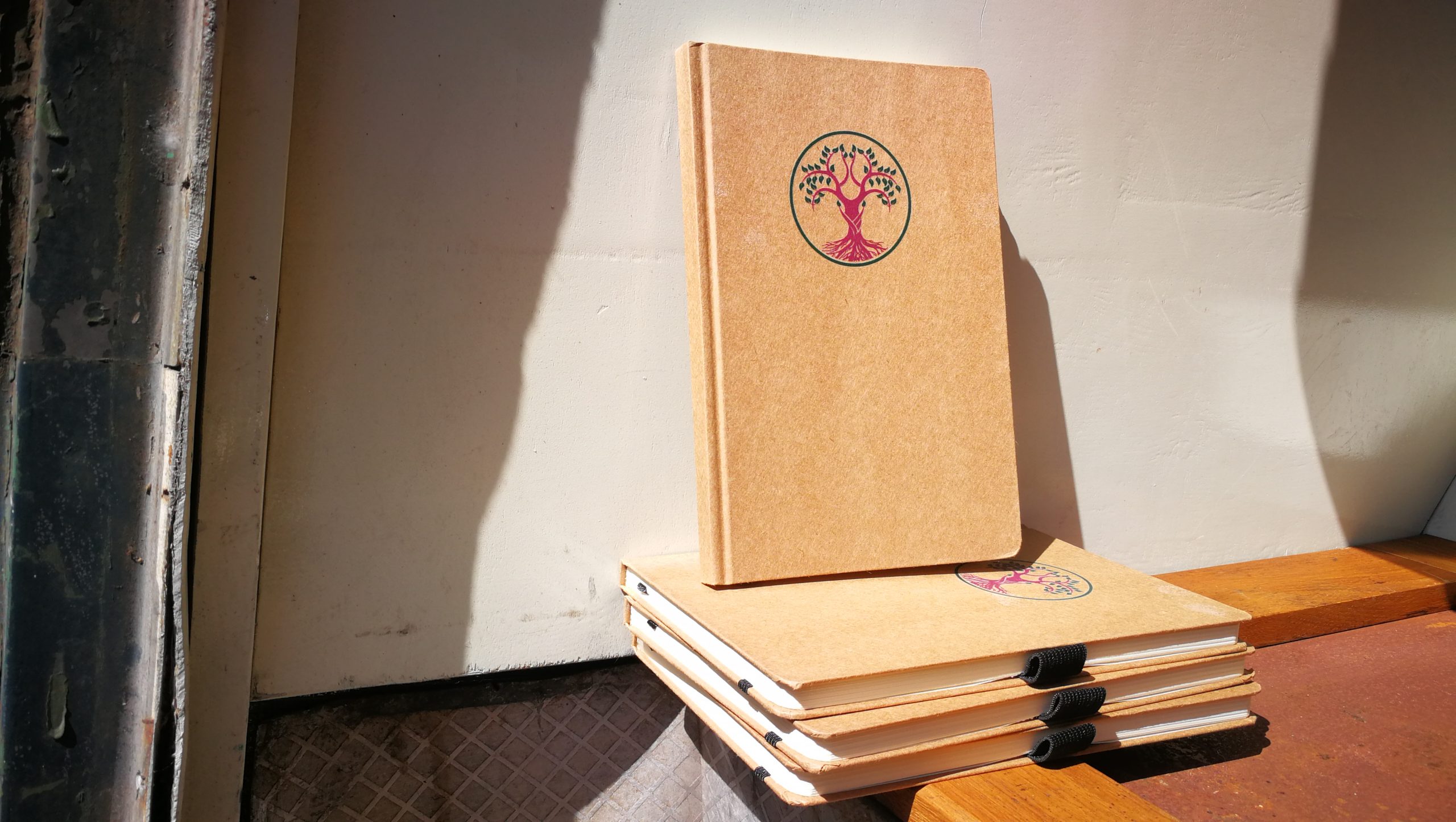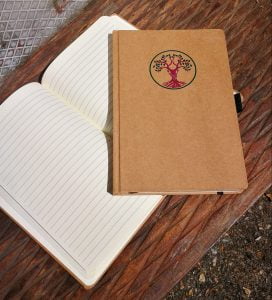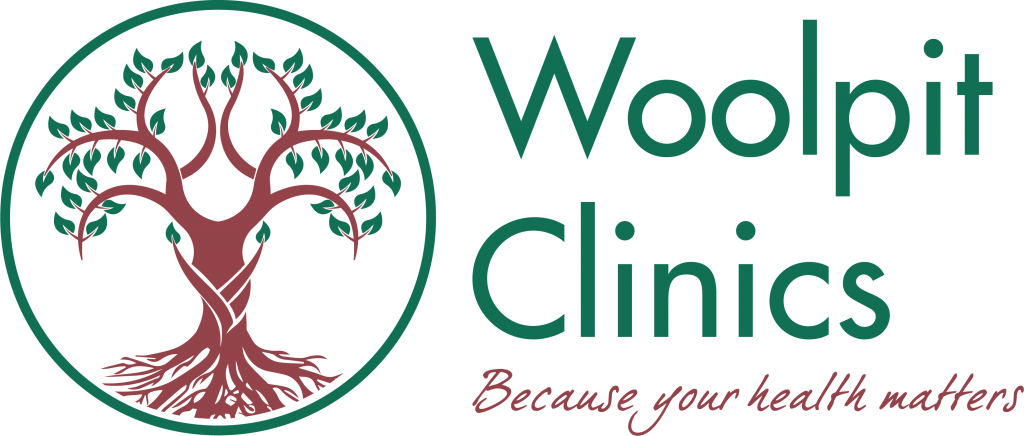
Going the distance with journaling
Going the distance with journaling
Whether you’re a keen diarist or you’ve never felt like keeping a diary or journal before… This short article about the benefits and applications of tracking and reflection, is for you.
What is journaling?
Quite simply, journaling is the method of keeping a diary or note taking. This could be in a personal diary, a notebook or even using the notes section of a phone or computerised diary. Whether it’s something that’s applied daily, weekly or on a more ad-hoc basis, it’s a way to take note of events, thoughts and feelings.
What someone chooses to track or reflect upon will vary greatly person to person and there’s no right or wrong way to approach it. As long as it supports health and wellbeing goals, it’s a personal process that must work for the individual.
What can journaling be used for?
There are many applications for journaling whether it’s self guided or recommended framework for specific goals. It’s a great self-help tool that allows us to check in with ourselves.
Journaling is regularly recommended by therapists and practitioners working from Woolpit Clinics, because it can be used to keep track of any changes or progress, throughout a course of sessions.
For example, if someone is experiencing worry or anxiety about certain things in their day to day life, it could be helpful to journal in response to a set of specific questions, to help them work with their feelings:
5 questions to ask yourself the next time you’re feeling worried about something:
- What is happening today that I feel anxious about?
- What one thing can I do to prepare for it?
- What one reason can I give that shows I know I can probably handle it?
- What one reason can I think of that shows it’s probably not going to be as bad as I think it is?
- What is one upside of the situation?
It can also be used to keep a nutrition and lifestyle log, to write down ideas that you’d like to one day put into action or to help practise mindfulness activities.
What are the benefits of journaling?
It takes a level of commitment in personal development in order to journal. It requires time and reflection, which means it encourages a person to make time for themselves and to think about their needs and goals. Often, it us useful for someone having to make changes in their routine and helps them recognise whether those changes are possible to maintain or not. Over time, the foundations made when journaling will feel more automatic and the benefits of which can be long lasting. For example, setting nutrition or exercise patterns or setting time aside for being outdoors for walks or activities.
When working with a therapist or practitioner, journaling also helps to guide future sessions and allows a person to check in with themselves, to learn more about their health and wellbeing. At the same time, it allows learning new ways to support health and wellbeing while also creating a document which can be used as guide long after having worked with a therapist or practitioner.
 Woolpit Clinic Journals
Woolpit Clinic Journals
To celebrate our eight year anniversary, we decided to refresh our look and change our name. To highlight this change and to honour the humble journal, we have had a small batch of branded notebooks produced using recycled materials.
These are offered free of charge to people accessing our new Affordable Counselling Service when booking an in-person appointment and they are also available to purchase (in clinic only) for just £4.50 each.



